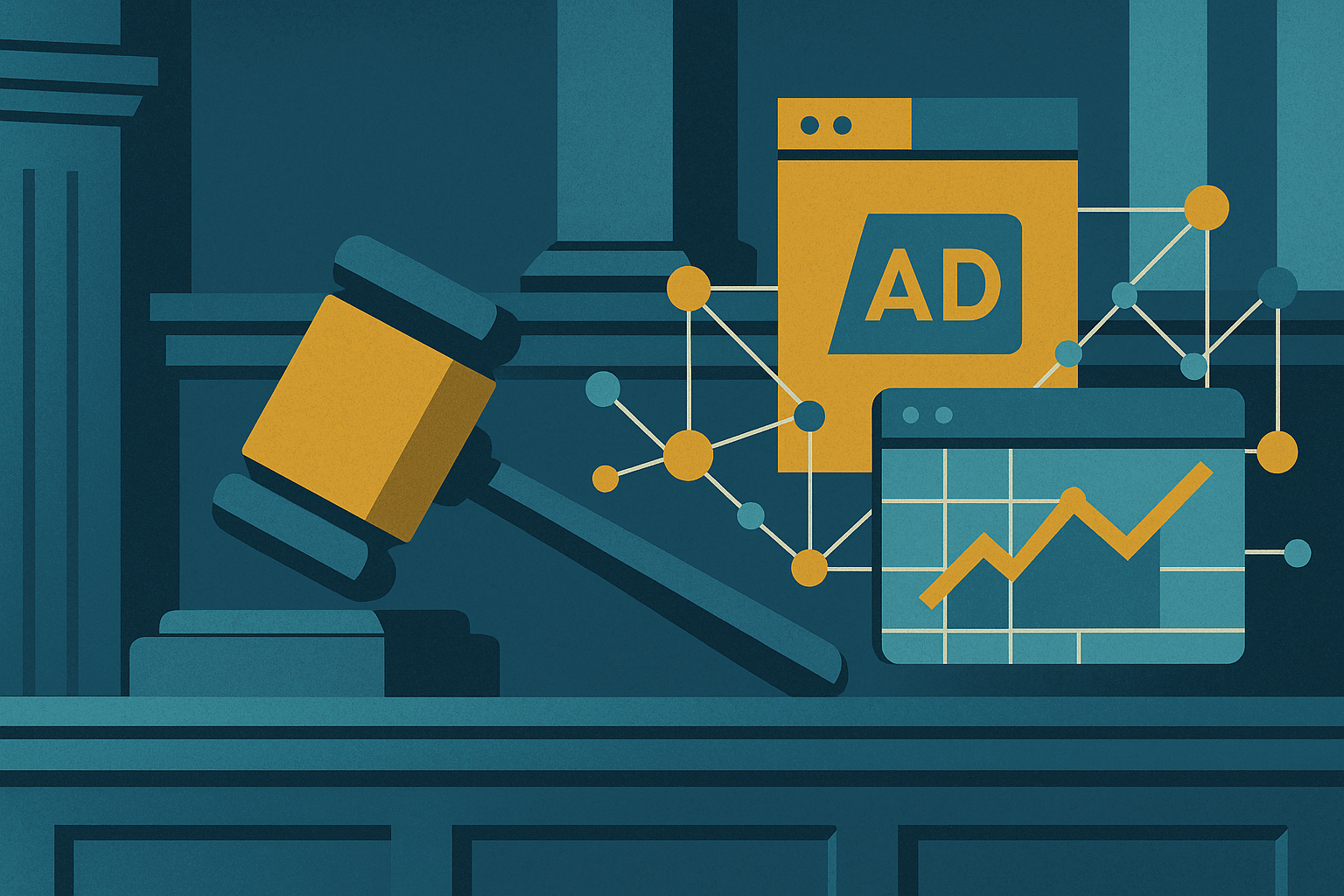Google has opened a fresh courtroom battle in Virginia as it seeks to fend off a potential breakup of its digital advertising operations, in one of the most consequential antitrust cases facing Big Tech.
The remedies phase of United States v. Google LLC began on 22 September at the U.S. District Court for the Eastern District of Virginia. The trial follows Judge Leonie Brinkema’s April ruling that Google unlawfully maintained monopolies in the publisher ad server and ad exchange markets, and illegally tied the two together. Prosecutors are now pressing for measures that could fundamentally alter how the company operates in digital advertising.
The U.S. Department of Justice and a coalition of states are seeking structural remedies. Chief among them is the divestiture of Google’s AdX exchange, a platform that processes real-time auctions for display ads across the open web. The government also proposes making Google’s auction technology open source to ensure transparency, and suggests further divestitures if competition is not restored within four years.
Google contends that these proposals would cause widespread disruption. It argues that forcing the sale of AdX would damage publishers and advertisers who rely on integrated systems, and that open sourcing its auction technology would be technically unworkable. Instead, the company has proposed behavioural remedies designed to improve interoperability and access for rivals.
The outcome will carry significant implications for publishers, advertisers, and the broader digital economy. Publishers have long complained of being squeezed by Google’s control of both buy-side and sell-side tools, paying fees of around 20 percent when using AdX. Media executives from companies including News Corp and DailyMail.com are expected to testify that the company’s practices have harmed their businesses.
The case is being closely watched across the technology sector, where regulators have intensified scrutiny of market concentration. Google separately faces proceedings over its dominance in search, while Amazon, Meta, and Apple have also been subject to U.S. antitrust investigations. A ruling that forces divestitures in ad tech could set a precedent for structural remedies in other markets.
The trial is expected to run for several weeks, with Judge Brinkema considering whether to impose structural or behavioural changes, the timeframe for any divestitures, and mechanisms for enforcement. Google is likely to appeal both the April liability ruling and any remedies ordered in this phase.
For advertisers and publishers, the decision will shape the infrastructure that underpins much of the open web. The balance between transparency, competition, and efficiency in digital advertising — long debated but rarely restructured — is now in the court’s hands.



